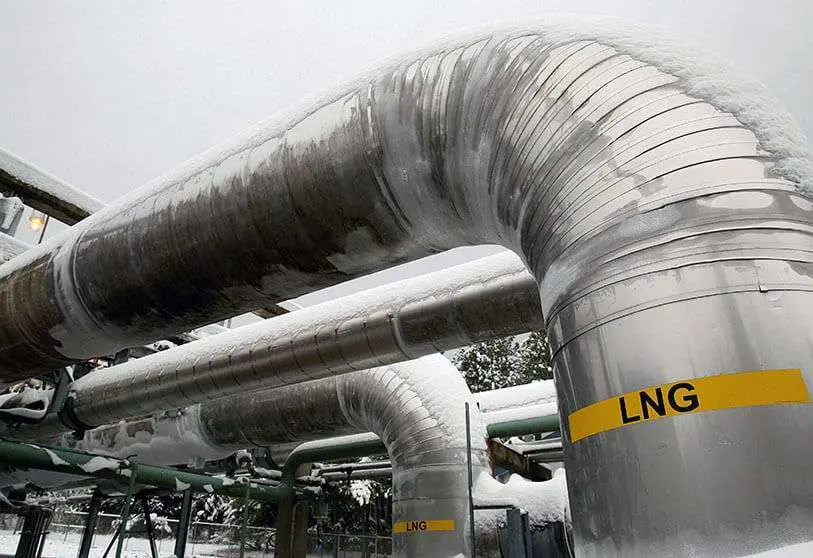Marruecos quiere fomentar la industria de hidrocarburos nacional

The recent rise in gas and oil prices on the international market is causing various problems for some countries. These countries are having to resort to different solutions to keep their populations happy and avoid running out of these natural resources. Morocco is one of these territories that is being affected by the rise in the price of hydrocarbons, and the government is struggling to find a response to the issue.
To this end, the Kingdom intends to promote the national natural gas supply industry by creating new projects. According to the Moroccan government, it intends to invest more than 5 billion dirhams in these plans, which will be able to increase hydrocarbon storage capacity, and thus stop depending a little more on the international market.
This was confirmed by Leila Benali, Minister of Energy Transition and Sustainable Development, in a conference with the Moroccan press. She said that, of the 5 billion dirhams, 3 billion dirhams will go towards developing storage capacity for liquefied natural gas (LNG) and butane gas. On the other hand, the remaining 2 billion dirhams will go towards the creation of projects to strengthen the level of diesel and gasoline storage in the Kingdom.
"By the end of 2023, the additional storage capacity will be increased by 890,000 cubic metres to increase reserves to 60 days," Benali told the Moroccan press.
She also took the opportunity to call on the public and private sectors. These are essential for the creation of new key projects in this sector, which is why Benali called on them to invest in this area in order to begin to halt the excessive price of the international market. In this way, it is clear that the North African nation does not want to depend so much on barrels imported from other countries.

The minister also commented that Morocco is capable of creating a safe and successful sector. According to Benali, the Alawi kingdom is prepared to build a gas infrastructure that includes pipelines, ports, storage and regasification units. "This will not only guarantee competitive energy for the electricity sector, but also for the industrial sector," she said.
In this way, Benali also assures that the industrial sector is trying to gain access to natural gas and that for this it is of vital importance to start building regasification units. Morocco may become involved in energy sovereignty after recently entering the LNG market. A month ago, the North African nation acceded to this trade in which four ports are being prepared to receive the resource, as well as the construction of facilities for its transport and storage.
It should be noted that accessing this system implies the reduction of greenhouse gas emissions. With this, the North African nation continues to fulfil its strategic plan to improve the climate change situation.
Benali confirmed that this is done to ensure Morocco's energy security. Now, the minister assures that the transformation of LNG has to be done within Moroccan borders and maritime space through the creation of a floating power plant or a land-based terminal to take care of the matter.

Along these lines, the Minister called on the industries to start making economic and financial calculations to start transforming LNG in the most immediate solution they can find. She also confirmed that the ports of Mohammedia and Nador are ready to start receiving the resource.
The war in Ukraine is wreaking havoc globally. Because Russia is the leading power in the hydrocarbon market, it is beginning to raise the price of barrels in response to the blockade and sanctions being imposed on it by nations and world organisations. As a result, the price of fuel for cars and electricity bills is rising sharply in many countries that are looking for alternatives to alleviate the effects of the crisis.








